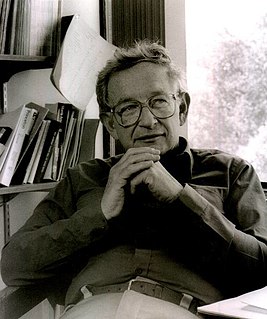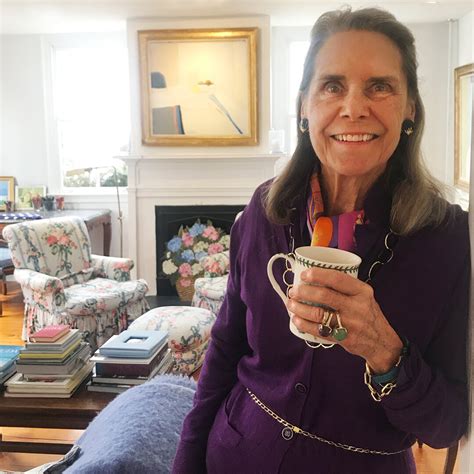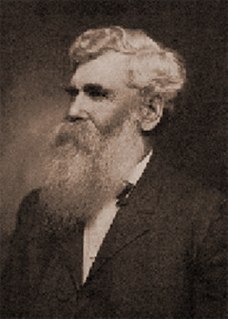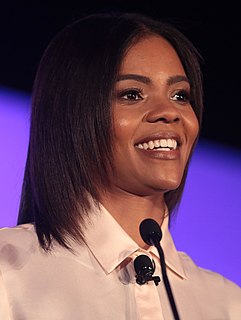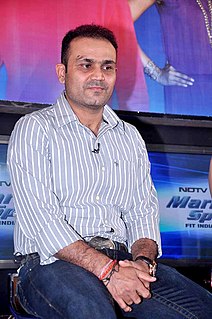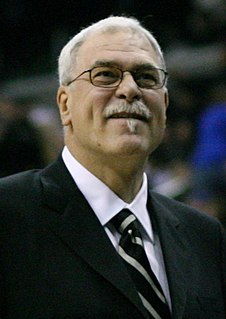A Quote by Philip Warren Anderson
Although raised on the farm - my grandfather was an unsuccessful fundamentalist preacher turned farmer - my father and his brother both became professors.
Related Quotes
I know my grandfather drank occasionally socially, what we call "taking a sip." And my father never touched the bottle. He condemned my grandfather for doing that, and his punishment to his father was when my grandfather came to visit him from Georgia, he would not allow my grandfather to preach in his church.Even though my classmates very often drank alcohol in my presence and they would try and get me to join in, I felt, no, I didn't need that.
A farm includes the passion of the farmer's heart, the interest of the farm's customers, the biological activity in the soil, the pleasantness of the air about the farm -- it's everything touching, emanating from, and supplying that piece of landscape. A farm is virtually a living organism. The tragedy of our time is that cultural philosophies and market realities are squeezing life's vitality out of most farms. And that is why the average farmer is now 60 years old. Serfdom just doesn't attract the best and brightest.
My father had a real short fuse. He had a tough life - had to support his mother and brother at a very young age when his dad's farm collapsed. You could see his suffering, his terrible suffering, living a life that was disappointing and looking for another one. My father was full of terrifying anger.
My mother's family is Christian: her father was a Baptist lay preacher, and her brother, in a leap of Anglican upward mobility, became a vicar in the Church of Wales. But my mother converted to Islam on marrying my father. She was not obliged to; Muslim men are free to marry ahl al-kitab, or people of the Book - among them, Jews and Christians.
I learned conservatism through my grandfather; I didn't know that was the name. I didn't know these were conservative principles. Starting his life on a sharecropping farm. Working tremendously hard. Five years old, picking cotton and laying tobacco out to dry on a farm, and today he now owns that farm.
There they lived on, those New England people, farmer lives, father and grandfather and great-grandfather, on and on without noise, keeping up tradition, and expecting, beside fair weather and abundant harvests, we did not learn what. They were contented to live, since it was so contrived for them, and where their lines had fallen.
Not only my parents but the whole family was involved in the resistance - my grandfather and grandmother, my uncles and aunts, my cousings of both sexes. So ever so often the police came and took them away, indiscriminately. Well, the fact that they arrested both my father and mother, both my grandfather and grandmother, both an uncle and an aunt, made me accustomed to looking on men and women with the same eyes, on an absolute plane of equality.
